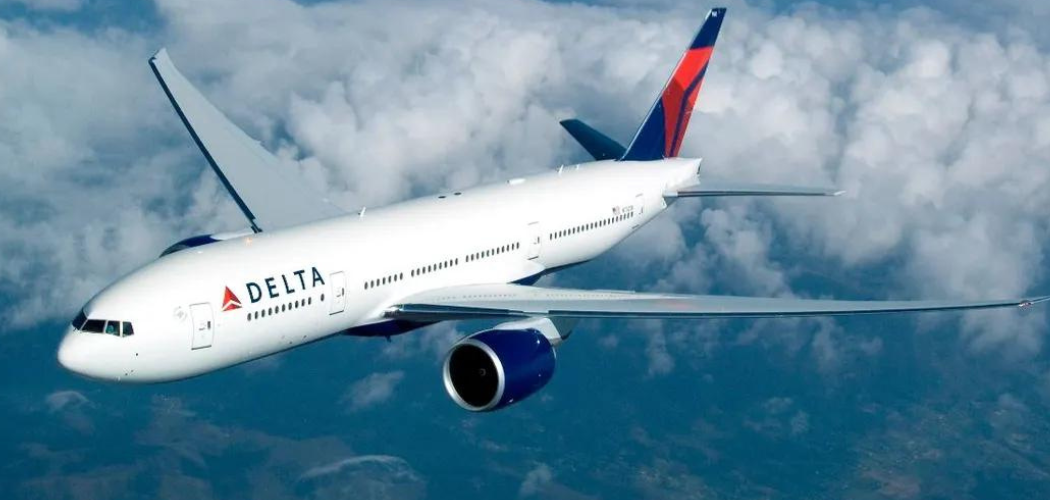 The one thing you can say about the Canadian loyalty industry is that it’s never boring. Disastrous policy changes, PR snafus, legislative hammers coming down, longtime program partners engaging in ugly divorces – you name it, and it’s happened. In the latest surprise move, Canadian banking services firm CIBC has announced that it is ending its 20-year partnership with grocer Loblaws by ending its run as provider of the grocer’s President’s Choice financial services program. Changes are happening so quickly that Canadian consumers can hardly keep up. What’s happening to the Canadian loyalty industry – and can it happen elsewhere?
The one thing you can say about the Canadian loyalty industry is that it’s never boring. Disastrous policy changes, PR snafus, legislative hammers coming down, longtime program partners engaging in ugly divorces – you name it, and it’s happened. In the latest surprise move, Canadian banking services firm CIBC has announced that it is ending its 20-year partnership with grocer Loblaws by ending its run as provider of the grocer’s President’s Choice financial services program. Changes are happening so quickly that Canadian consumers can hardly keep up. What’s happening to the Canadian loyalty industry – and can it happen elsewhere?
By Rick Ferguson
Divorces have been coming fast and furious in the Great White North. Recent splits include Shopper’s Drug Mart and Royal Bank of Canada, Costco and American Express, CIBC and Aeroplan, and Aeroplan and Air Canada. In a move announced last week, CIBC revealed that it will withdraw as the provider of Loblaw’s President’s Choice Financial program (PC). Beginning November 1, CIBC will enroll PC’s estimated 2 million members into its new Simplii Financial direct banking brand. In a press release, CIBC stated that there will be no changes to PC Financial MasterCard products, as these cards are issued by President's Choice Bank.
It will be largely a clean split, other than those customers who both banked with and enjoyed earning PC Points from President’s Choice – those customers will now have to keep track of two brands, and some of them may not be inclined to go gently into the Simplii Financial fold. The big question, of course, is which party wanted the divorce: CIBC noted in the press release that it expects to incur fees and charges of approximately $100 million pre-tax in the current quarter, which is a pretty big hit, and the bank will incur additional costs as it continues to enhance its digital banking services. Is CIBC undergoing this transition willingly – or is it Loblaws that wanted the divorce?
Money quote from the Canadian Press:
“Some industry observers believe the breakup clears the deck for Loblaw, which purchased Shoppers [Drug Mart] in 2014, to merge or overhaul the PC Plus and Optimum programs, recognized in surveys as among the most favoured by Canadians. ‘What it tells me is get ready for a Loblaws-Optimum merger,’ said Ken Wong, marketing professor at Queen's School of Business.”
So perhaps Loblaws pulled the plug. On the other hand, other analysts believe that the partnership had become increasingly untenable to CIBC. Money quote from the Motley Fool:
“The 20-year partnership was profitable for CIBC; however, one pundit who’s familiar with the terms of the original deal believe that ‘the partnership was skinny in terms of margins and returns’ and that CIBC may see a ‘… path to greater profitability by bringing [operations] in house.’ The elimination of a partner may allow CIBC to pursue different growth opportunities in other spaces. The move appears to be a positive for long-term growth, but that’s if PC Financial customers have enough reason to stay through the transition.”
OK, so maybe the decision was mutual. The larger trend is most likely tied to this quote from the Canadian Press piece:
“The emergence of data analytics even in the last two years has prompted companies to seek to control their data. Retailers mine card use data to target members with personalized deals designed to lure them to return and spend more. Meanwhile, consumers increasingly want programs that allow them to collect and redeem points quicker. That has favoured programs, including those offered by credit cards, that provide cash rewards on purchases instead of points that need to be saved for big redemptions.”
Aye, there’s the rub. What seems to be driving this round of loyalty partner breakups is the growing desire by brands to exercise direct control over their customers’ data, which thereby affords them the opportunity to maintain direct control over their customer relationships. That’s the reason why Air Canada was willing to invest millions of dollars in building a new loyalty program rather than renewing their partnership with Aeroplan; it may also be the primary reason why CIBC wants to directly own its banking relationships, while at the same time Loblaws wants to combine and own the relationships in its PC Plus and Shopper’s Optimum programs.
And that brings us to the Canadian coalitions, and by “coalitions” we mean Air Miles and Aeroplan (with apologies to those of you who consider Aeroplan a frequent-flyer program rather than a true loyalty coalition). We loyalty analysts always assumed that a US coalition would launch once US marketers learned, as their Canadian and UK counterparts have learned, the wisdom of sharing customer data across household spending categories to capture network effects and a true 360-degree customer view. When Plenti launched in the US, many of us said, “See? The coalition mindset is finally coming to the US.”
In Canada, however, the opposite trend seems to be underway: Companies are becoming less willing to share customer relationships with other partners. What will this drive for more direct control mean to Air Miles as they attempt to recover from their points expiry debacle of last year? What will it mean to Aeroplan as they attempt to sign new partners to survive in a post-Air-Canada world? We don’t yet know the answers to these questions – but we can safely surmise that the drama that is the Canadian loyalty industry will continue.
Rick Ferguson is Editor in Chief of the Wise Marketer Group.




